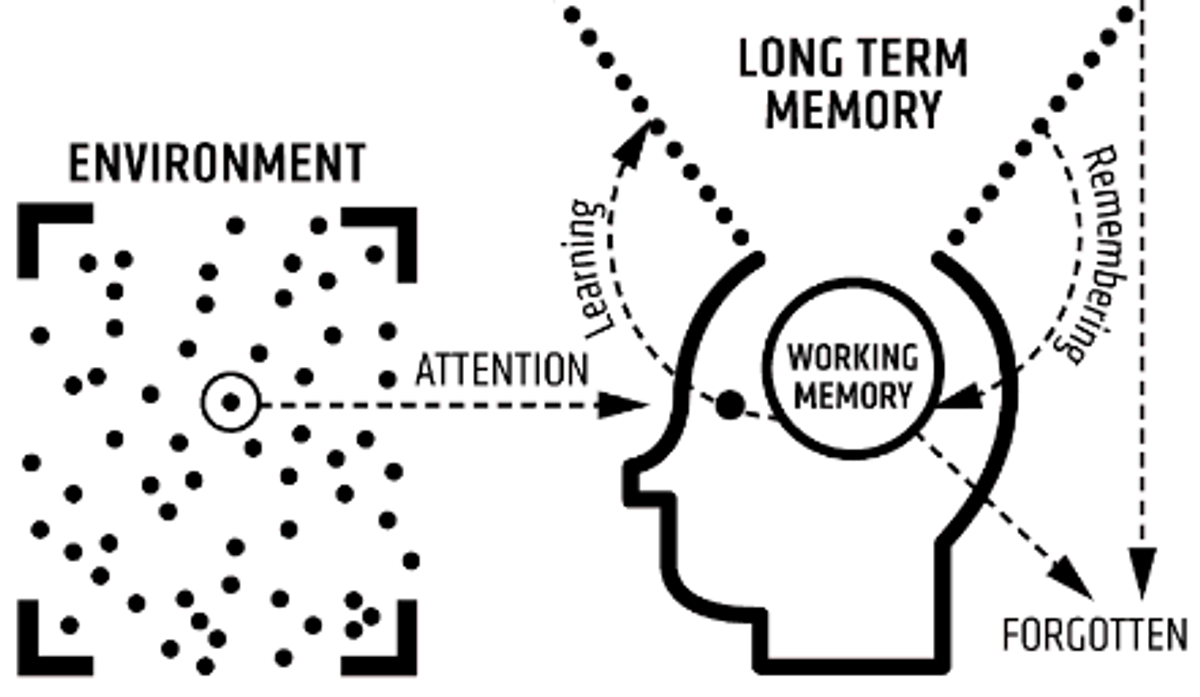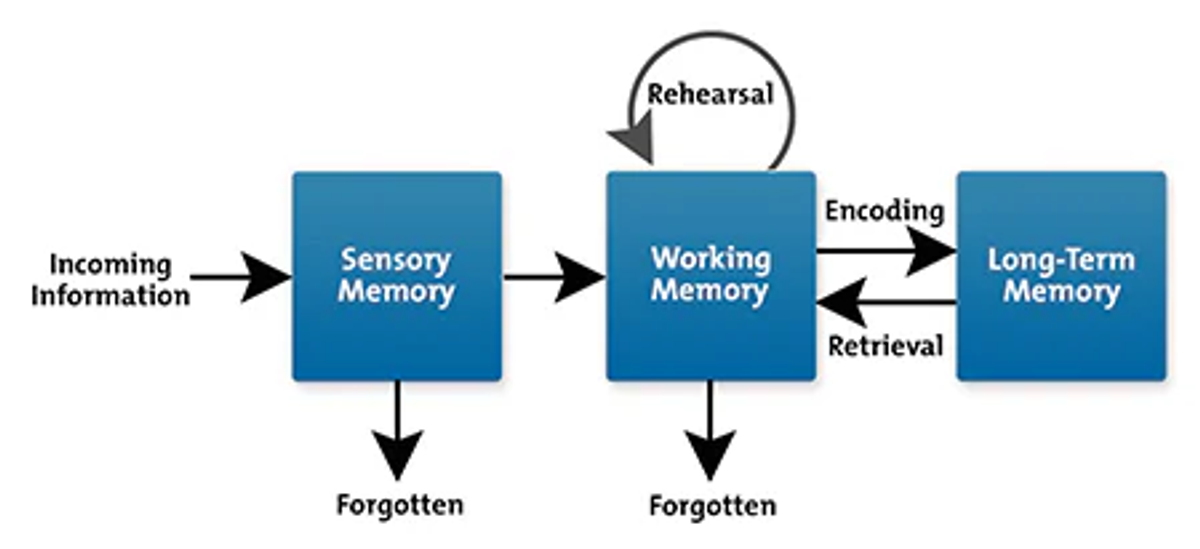MACS Flourishing Learners - Vision for Instruction

The Flourishing Learners position statement, Vision for Instruction, is a key document aligned with the MACS 2030 strategic plan. It has been developed to communicate MACS’ preferred system-wide approach to achieving teaching and learning excellence. The Vision for Instruction is firmly grounded in the evidence of how students learn most effectively and efficiently, offering explicit guidance for MACS schools on instructional best practice.
Vision for Instruction has been created to help clarify the purpose of education at MACS, outlining for teachers, students and stakeholders, the research, principles and values that underpin our approach to teaching and learning. It is aligned with broader educational standards and will serve to foster consistency and coherence in teaching practices as a system. Research can never tell teachers what to do, but it can point to “best bets.” Professor Steve Higgins, Durham University.
At St Mark’s we are well underway with the goal of understanding the research, principles and values that underpin our approach to teaching and learning. This can be seen in our teacher professional learning sessions, where we have examined Cognitive Load Theory. Cognitive Load Theory (CLT) is an instructional design theory that reflects our "cognitive architecture," or the way that we process information. Cognitive Load Theory helps teachers design instruction or learning materials that reduce the demands on learners' working memory, so that they learn more effectively.
Teachers are introducing students to new information all the time, with the intention that they process, manipulate and transfer this knowledge into their long-term memory. Therefore, understanding the limitations of the working memory is critical. The way we deliver new learning to our students has a profound impact on whether they learn it or not.



